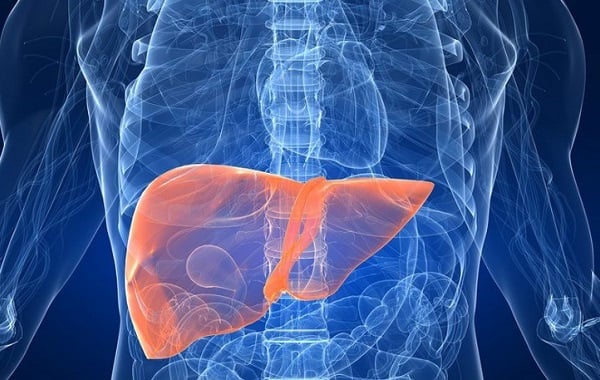Prolonged Fatigue and Unusual Energy Depletion
When dealing with liver dysfunction, individuals may experience persistent fatigue, a lack of energy, and a sense of lethargy, even after adequate rest. A damaged liver fails to convert nutritional intake into energy efficiently, leading to a state of physical exhaustion and reduced productivity. While it’s common to attribute fatigue to overwork or lack of sleep, unexplained and prolonged exhaustion warrants a check on liver function.
Mild Jaundice – Yellowing of the Skin and Eyes
Jaundice is a telltale sign of liver dysfunction. When the liver is weakened, it struggles to process bilirubin, a waste product from the breakdown of red blood cells. As bilirubin builds up in the blood, it causes a noticeable yellowing of the skin and the whites of the eyes. The more severe the condition, the more pronounced the yellow hue becomes. Therefore, if you observe a subtle change in skin or eye color, seek medical attention promptly as this is an early warning sign of liver issues.
Ongoing Digestive Disorders
The liver is responsible for producing bile, which is crucial for fat digestion. When liver function declines, bile secretion decreases, impacting digestion. Individuals may experience symptoms such as a feeling of fullness, loss of appetite, nausea, and erratic bouts of diarrhea or constipation. Uncontrollable and persistent digestive issues are a clear indication of potential liver dysfunction.

Rapid Weight Loss Not Attributed to Dieting
Liver damage impairs its ability to metabolize and absorb nutrients effectively, resulting in the body’s inability to maintain normal muscle mass and fat levels. Individuals with liver dysfunction often experience rapid and uncontrollable weight loss, accompanied by a gaunt appearance and pallid skin. If you exhibit these symptoms, seek medical advice promptly.
Dark-Colored Urine and Pale Stools
Liver dysfunction impacts urination. When the liver fails to process bilirubin effectively, this waste product is excreted through urine, resulting in a dark yellow or brown urine color, resembling tea. Conversely, stools may appear pale or grayish. If you are well-hydrated and not taking any medications, these changes in urine and stool color warrant immediate attention and a check on liver function.
Unexplained Itchy Skin
Itchy skin is a common symptom of reduced liver function and can even be an early warning sign. When the liver struggles to eliminate toxins and bile salts efficiently, they accumulate under the skin, causing an irritating itch. Liver-related itching often worsens at night and may manifest as hives or welts, even without visible rashes. Topical treatments are typically ineffective for this type of itch.
Bruising and Abnormal Bleeding
The liver plays a crucial role in producing essential blood-clotting factors. When liver function declines, the ability to form blood clots is compromised, leading to easy bruising and abnormal bleeding. This serious sign indicates that the liver is no longer able to perform its life-sustaining functions optimally.
































